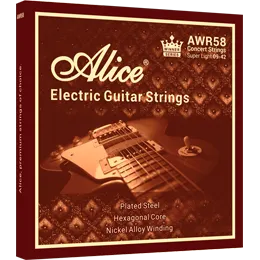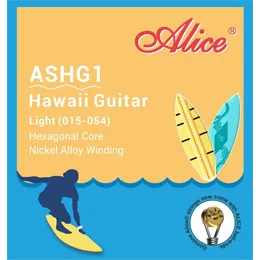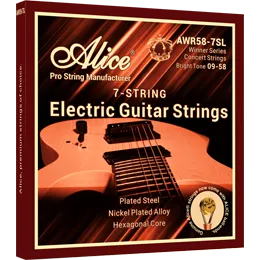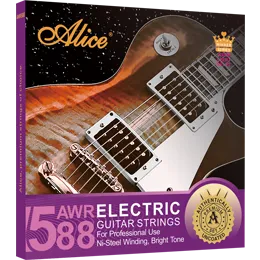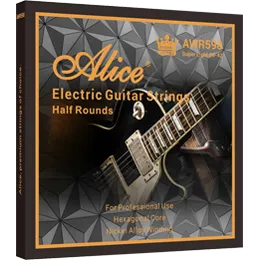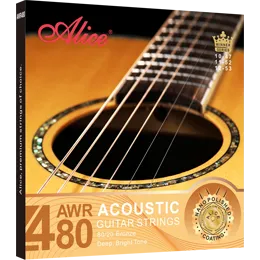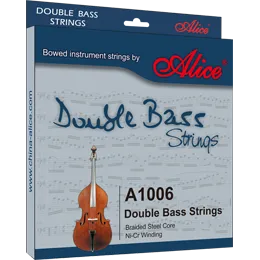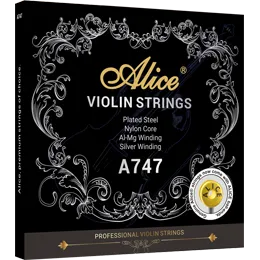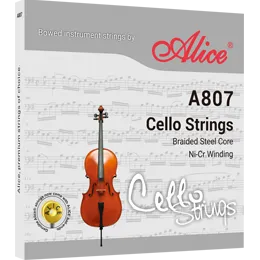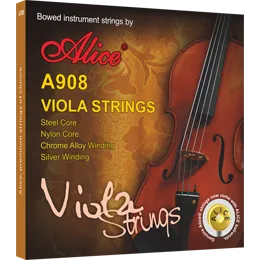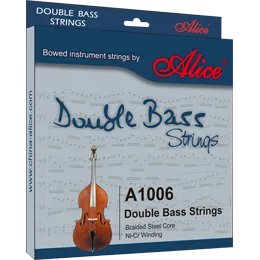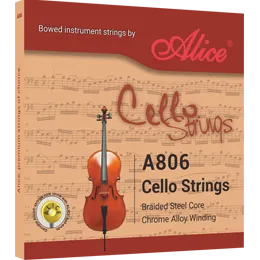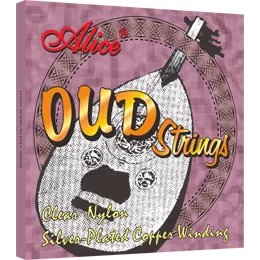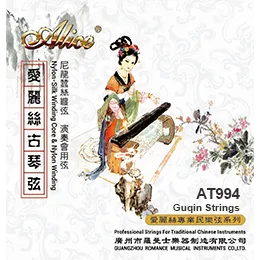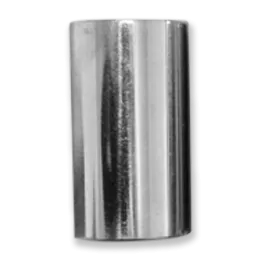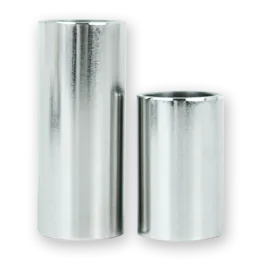Wholesale Guitar String Purchasing: A Practical Guide for Retailers and Distributors
In the musical accessories industry, guitar strings remain one of the most frequently sold and restocked items. Whether you run a music store, manage an e-commerce platform, or distribute to local schools and bands, purchasing guitar strings in bulk requires more than just choosing the lowest price. Factors such as quality consistency, brand reputation, compatibility with local markets, logistics, and supplier reliability play a major role in determining whether your investment will deliver long-term value.
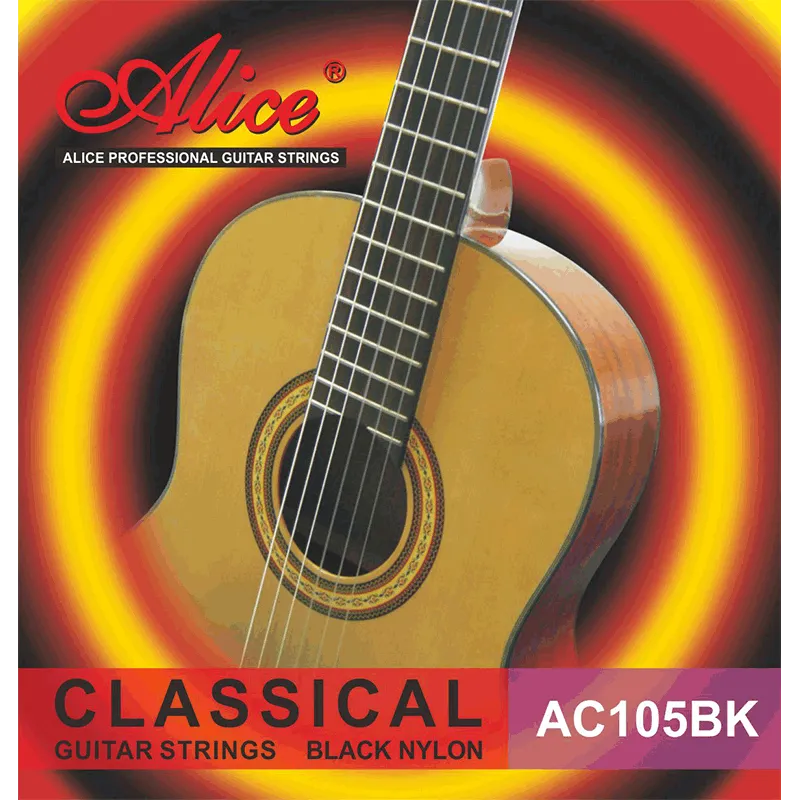
1. Understand Your Target Market’s Preferences
Before placing a bulk order, it’s essential to understand who your end customers are. Different demographics have distinct preferences based on playing styles, experience levels, and genres.
Beginners usually prefer light-gauge strings that are easier on the fingers and more forgiving.
Professionals tend to be more particular, often requesting specific materials (e.g., phosphor bronze, nickel-plated steel) or brands they trust.
Classical guitar players require nylon strings, while metal or rock guitarists lean toward heavy-gauge electric sets.
If your business operates in a specific region, be sure to research local trends. For instance, coated strings may be more popular in humid climates due to their longer lifespan, whereas uncoated strings may be preferred in drier regions for their raw tone.
2. Choose the Right Mix of Products
A well-balanced inventory will cater to a range of customers. Consider offering:
Electric guitar strings in various gauges (.009–.042, .010–.046, etc.)
Acoustic guitar strings such as 80/20 bronze and phosphor bronze
Classical guitar strings in normal and high tension
Specialty strings like flatwound, coated, or colored strings
Bulk single strings for replacements and customization
Offering variety ensures that your shop can serve hobbyists, professionals, and educators alike. Also, make sure to stock accessories like string winders and cleaners to increase upselling opportunities.
3. Evaluate Quality and Consistency
In the wholesale market, consistency is critical. Receiving one good shipment followed by a batch of inconsistent or poor-quality products can damage your store’s reputation and lead to customer complaints.
When considering suppliers, ask the following:
Do they offer quality certifications or batch testing reports?
Are the strings manufactured with precision winding and accurate tension?
Is the packaging durable and informative?
Are sample sets available for testing before committing to a bulk order?
Trusted suppliers will offer detailed product information and allow you to test string sets before confirming large orders.
4. Assess Packaging and Branding Options
Many wholesale buyers overlook the importance of packaging—yet packaging can significantly influence sales. Clear, attractive packaging helps build trust and shelf appeal.
If you are building your own brand, consider working with OEM suppliers who can offer:
Custom logo and packaging design
Branded accessories (e.g., string envelopes, cleaning cloths)
Eco-friendly or anti-corrosion packaging materials
Retail-ready packaging with clear string gauges, tuning information, and branding elements ensures a smooth experience for both your sales team and customers.
5. Factor in Logistics and Supply Chain Reliability
Shipping costs, delivery times, and supply chain transparency are all critical when purchasing in bulk.
Before choosing a supplier, ask:
What is the estimated production and delivery lead time?
Do they offer consolidated shipping or warehousing options?
Can they support international documentation such as Certificates of Origin or customs invoices?
Do they have a reliable communication channel for order tracking?
Efficient supply chain coordination minimizes delays, reduces inventory pressure, and ensures your store stays stocked throughout the year.
6. Compare Price vs. Value
While price is always a major consideration in wholesale purchasing, it should not come at the cost of quality or support. A slightly more expensive supplier who offers better consistency, customer service, and branding support may ultimately bring more value than a cheap, unreliable source.
Use a total value approach to evaluate:
Unit price vs. product durability
After-sales support
Return or defect policy
Marketing materials and sales assistance
Reliable suppliers help reduce hidden costs such as customer returns, negative reviews, and excess inventory.
Conclusion: Think Strategically, Stock Smartly
Guitar strings are small products with big potential—when chosen wisely. Strategic wholesale purchasing ensures your business meets diverse customer needs while maintaining profit margins and inventory efficiency. By focusing on product mix, quality assurance, packaging, logistics, and supplier relationships, you position your shop for long-term success in the competitive musical accessories market.
About Alice Strings
Alice Strings is a globally recognized brand that specializes in producing high-quality strings for guitars and other stringed instruments. With modern manufacturing facilities and strict quality control, Alice offers a wide range of products for electric, acoustic, classical guitars, and more.
Alice is also a trusted partner for wholesale buyers and distributors, offering reliable bulk pricing, consistent product quality, and full OEM/ODM customization services. Whether you’re looking for branded stock or personalized packaging solutions, Alice provides professional support to help your business grow.
Relate News
-
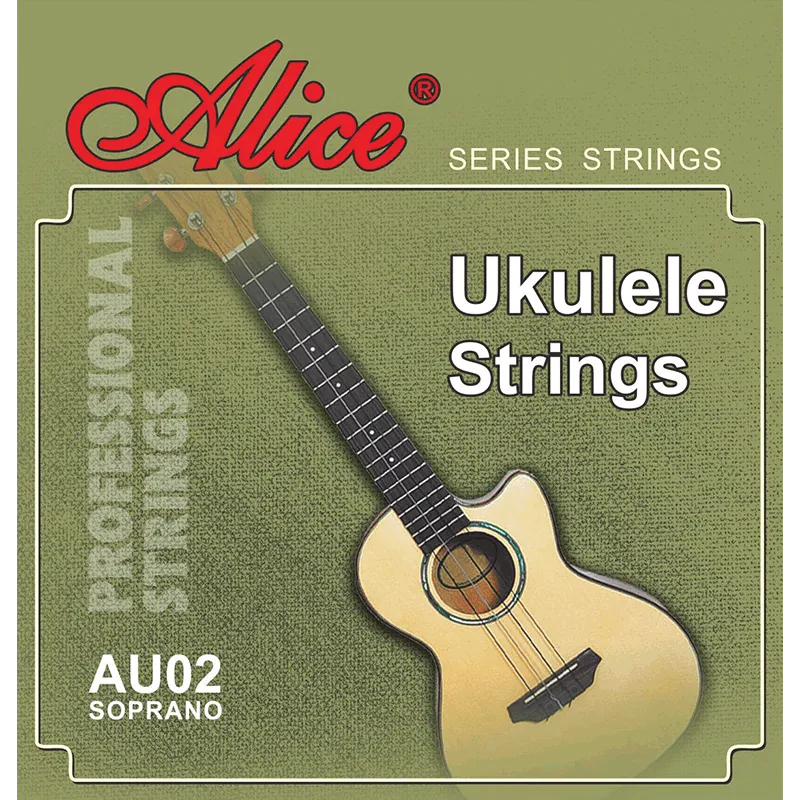 Folk music is rich in cultural heritage, emotional storytelling, and sonic diversity. Whether it’s the bright ring of a mandolin, the deep warmth of a bouzouki, or the resonant twang of a banjo, each folk instrument tells its own story—not just through melodies and technique, but through the strings that bring it to life.
Folk music is rich in cultural heritage, emotional storytelling, and sonic diversity. Whether it’s the bright ring of a mandolin, the deep warmth of a bouzouki, or the resonant twang of a banjo, each folk instrument tells its own story—not just through melodies and technique, but through the strings that bring it to life. -
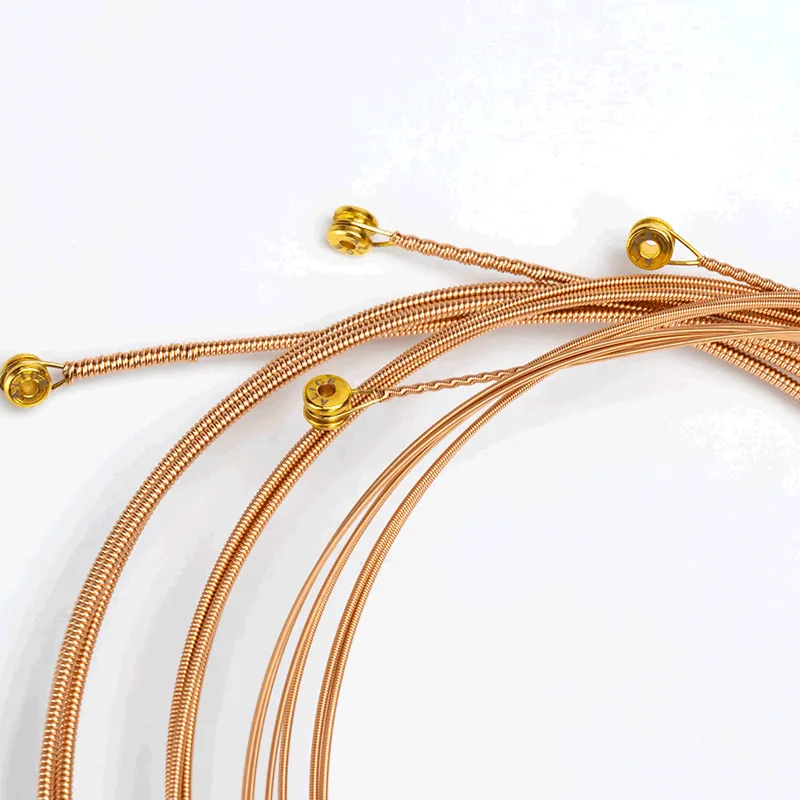
Which Acoustic Guitar Strings Fit Different Music Styles Best?
When choosing a guitar, most players focus on the body type, wood, or brand—but one of the most underrated factors affecting tone and playability is the type of guitar strings you use. And if you're serious about shaping your sound, matching your string type to your musical style can make a huge difference. -

Common Guitar String Problems: How to Fix Tuning Issues, Rust, and String Breakage
Guitar strings are a crucial part of your instrument, directly affecting your tone, tuning stability, and playing experience. However, over time and with regular use, strings can develop various issues such as tuning instability, rust, or even sudden breakage. These problems can be frustrating, especially for beginners, but the good news is—they're often preventable and fixable. -

Complete Guide to Guitar String Materials: Which One Is Right for You?
Choosing the right guitar strings is one of the most important decisions a guitarist can make—yet it's often overlooked. Beyond string gauge or brand, the material of the strings plays a crucial role in shaping the tone, feel, and even longevity of your instrument. Whether you play acoustic, electric, or classical guitar, understanding the different types of string materials can help you find the sound and feel that best matches your playing style. -
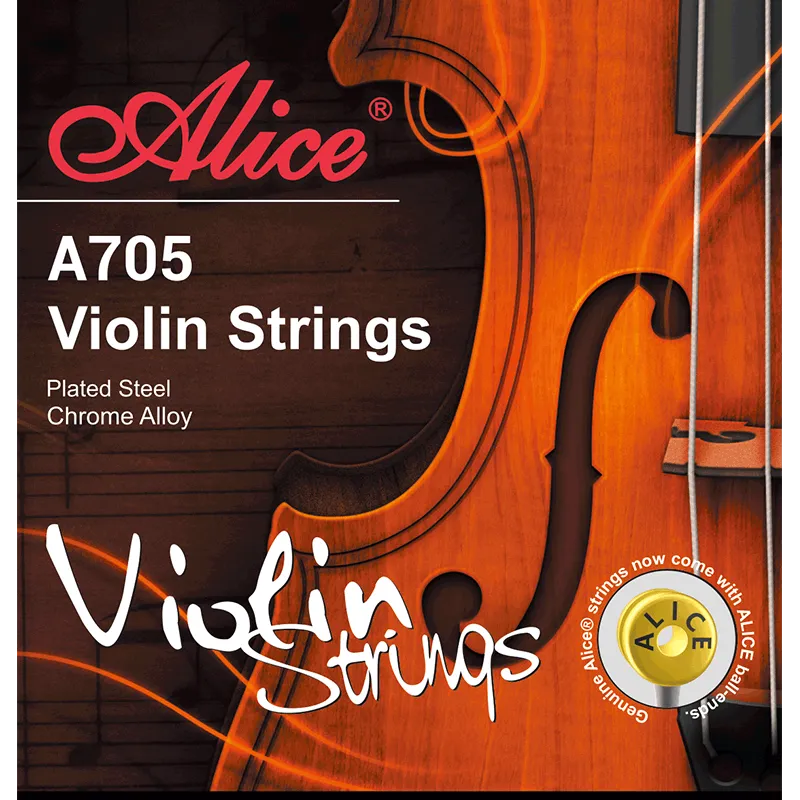
The Complete Guide to Orchestral Strings: Everything You Need to Know
Alice Strings is a trusted global brand offering high-quality orchestral strings for violins, violas, cellos, and double basses. With years of experience in string manufacturing and a dedication to innovation, Alice blends traditional craftsmanship with modern materials to meet the needs of musicians at every level. -

Inside the Craftsmanship: The Manufacturing Process of Guitar Strings
From selecting the finest raw materials to precision winding and protective coatings, guitar string manufacturing is a sophisticated blend of science and art. Every step influences the final product’s sound, feel, and durability, ensuring musicians can express themselves freely and reliably through their instrument. -
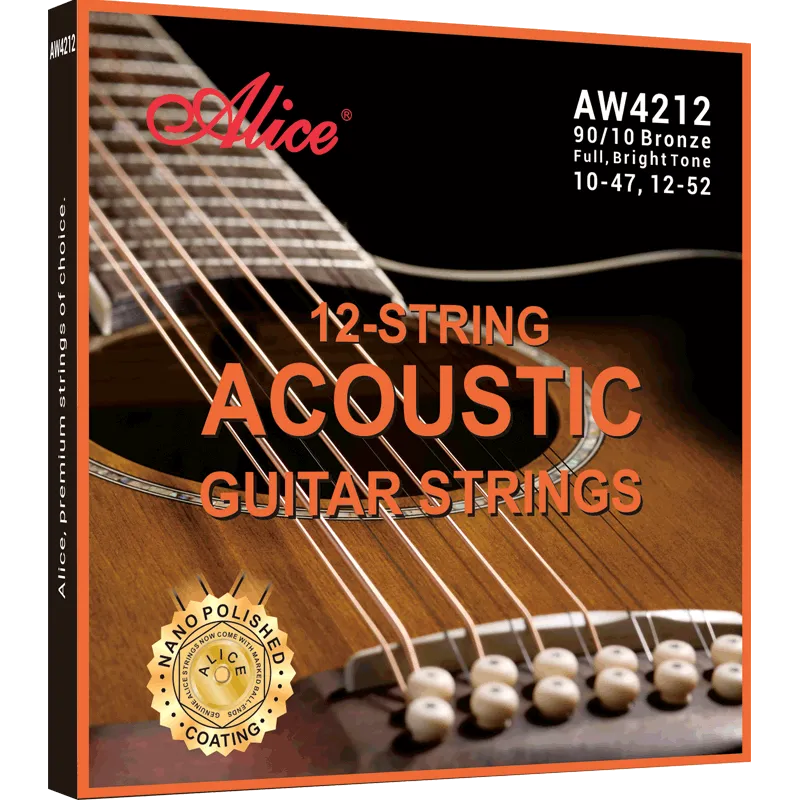
How to Choose the Right Guitar String Models for Export Markets
one string gauge or material might be popular in the U.S., a completely different specification may be in demand in Japan, Brazil, or Germany. For manufacturers and distributors, adapting to these nuances is essential to gaining market share and building lasting relationships with music retailers and players around the world. -

How Alice Guitar Strings Compare to Leading Brands
When choosing guitar strings, musicians across the world are faced with a broad selection of materials, tones, brands, and features. While many international string manufacturers offer excellent products, it’s important to understand how different brands compare -

The ABCs of Cello Strings: Materials, Tension, and Maintenance
-

Keeping Your Tone Bright: Tips For Caring Your Classical Guitar Strings
-

How to Restring Your Classical Guitar with the Best Classical Guitar Strings
-

Acoustic Guitar String VS Acoustic Bass Guitar String: What’s the Difference?


